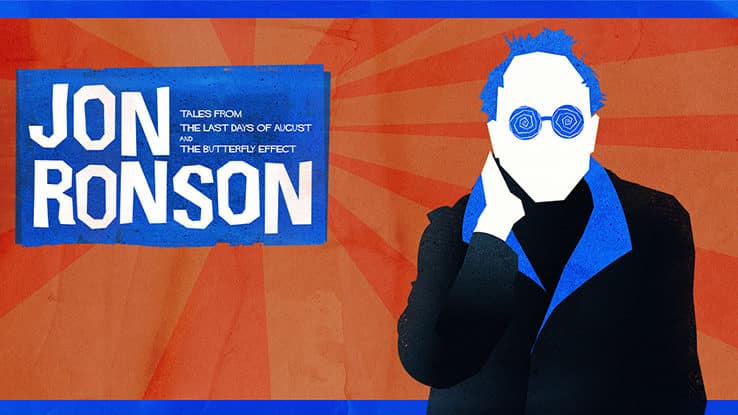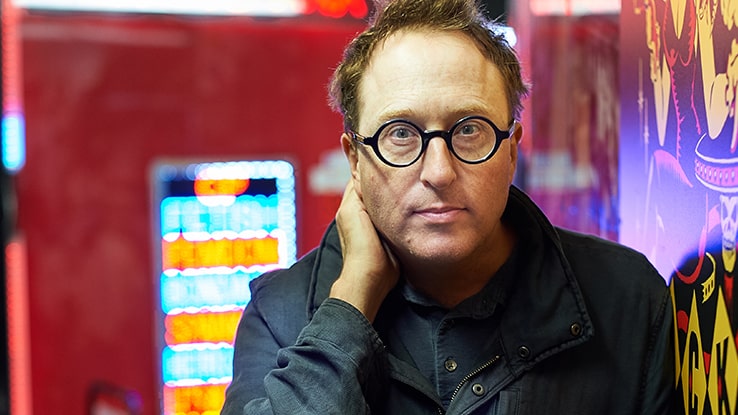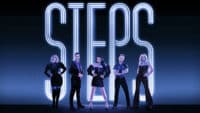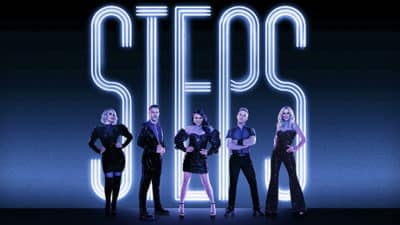Days Out

Interview
Interview: Jon Ronson ahead of his brand new live show
The creator of hit podcasts The Butterfly Effect and Last Days Of August prepares to hit the road.
NOTE: This article contains adult themes. Discretion is advised.
Renowned for work including 2004’s The Men Who Stare At Goats, adapted into a feature length film starring George Clooney, and his exploration of the successs of the psychopath in the aptly titled The Psychopath Test, journalist and now-podcaster Jon Ronson is preparing to take a brand new show on the road.
Having spent time exploring the world of porn for his most recent investigations, The Buttefly Effect and The Last Days of August, the live shows promise to delve into Jon’s experience and the effect it had on him as a person.
Comparably intimate compared to his previous live tours, including taking his story of psychopaths into arenas, the shows aim to deliver a live on-stage documentary.
“Imagine a 3D live Ronson story unfolding on stage with video and audio,” Jon teases, “and me”. He laughs.
With the tour launching on 6 May 2019 in Cambridge, and running through to 27 May 2019 in Edinburgh (before heading to Ireland), we caught up with Jon Ronson to find out more about his recent podcasts, his career and the live shows.

How do you transfer all of your experience into a live show?
I’ve always been quite ambitious about how I do things on stage. Each tour I do I try to do something a little more experimental. With Psychopaths Night I had special guests who travelled with me. For Frank I had a band. This time around I’ve got an extremely elaborate audio-visual show, showing never before seen clips and playing audio.
What I’m basically doing is telling the story of not only what I learned making The Butterfly Effect and The Last Days of August, but also about me and my own mental health. It becomes a reflection on journalism and journalistic ethics. It’s really funny, and it gets really, really dark and sad.
And a different story to what they might have heard on the podcasts?
It’s a bit of both. I’d say it’s going to be 50/50. Half the show will be excerpts from the podcast, and half will be stuff I’m writing specifically for the show. It feels to me like the right ratio. I’m very carefully doing it so it will work for both people who have heard the podcasts and people who haven’t.
The show is built around your last two podcast series on porn. What attracted you to that world?
I was working on a different story and I met a girl called Dakota in New Orleans. She told me she had been addicted to porn, so I asked her if she had ever got so into it that she would learn the names of the porn stars. She said: “No, it’s like when you kill a deer you don’t name is because then you can’t eat it.”
That phrase just stuck with me. What she was basically saying was that for her to not feel bad about herself, she had to studiously avoid knowing anything about the lives of porn stars. I thought that was fascinating.
I’m always really interested in telling stories about people who other people are bigoted about, and I think people are very bigoted about porn performers.
Is that a commonality that runs across all of your work?
Not that I actively set out to do that, but that does seem to be what happens over and over again. What I really want to do is go to places that I don’t really understand, and to try and solve mysteries. That inevitably turns into telling human stories about people who have been dehumanised. When I’m humanising dehumanised people, I’m not necessarily trying to make people like them, I’m just trying to help people understand them.
But in the porn world, especially with the first podcast I did (The Butterfly Effect), I did really, really like the people. They were completely delightful, and I wanted to make people fall in love with them. That’s kind of what’s happened, I think.
Do you have to clear your mind of any bias you’ve been taught over time?
Me and Louis Theroux are always called “faux naïve”, and the reason I never loved that title was because in a way I think I’m genuinely naïve. When I enter into a situation, my bias tend to vanish automatically because I generally just like people until they do something that forces me not to.
I’m curious; I only want to write about people I feel a good deal of curiosity about. And if you’re curious there’s no room in your head for judgement or bias.
Do you remember where your curiosity started?
When I started as a journalist, I was probably less curious and more out to have fun. I was interested in writing funny stories that would make me look good. My sense of empathy and curiosity just grew over the years. It just changed slowly over the years I’ve been a writer.
I began to realise the stories people thought they knew about people often don’t turn out to be true. The classic example of that is in my Public Shaming book with various people who have been destroyed on Twitter for a joke that turned out badly. When you meet them you realise they are nothing like what you thought they would be.
Where is the most unusual place this curiosity has led you?
Oh, so many places. In 2003, I was in Hawaii interviewing a special forces soldier called Glenn Wheaton. All I knew about him was that he had been part of a secret military unit called Project Jedi. I literally didn’t know anything about him, or the project, or whether it really existed. I knew nothing.
I went to his house and asked him about Project Jedi and he said they were a secret military unit and what they were trying to achieve is a series of levels. At level 4, he said, they had a sergeant who could kill a goat just by wanting it to die; by staring at it. He was doing it with the power of his mind.
If that conversation had happened on Twitter 10 or 15 years later, when Glenn Wheaton started talking about killing goats, people would have yelled at him and called him crazy. But I didn’t, I wanted to know if any were true. We started digging and it turned into The Men Who Stare At Goats, which turned into a George Clooney movie and changed my life. All because I decided to be curious in that moment instead of judgemental or mocking.
Do you have an idea of where you want to take these investigations when you start?
What you want is enough information to know that if you make the effort it will probably be good and interesting. But you never know for sure. In The Psychopath Test all these leading psychologists think that psychopaths rule the world, so why don’t I learn how to spot them and their journeys into corridors of power. That’s a perfect example of not knowing what’s going to happen, but whatever it is it’s surely going to be interesting.
After that you completely relinquish yourself to the story and go wherever it takes you. Think of yourself as a little twig in the river.
How often do you hit gold?
Because it’s a real hassle, you want to be pretty sure. I won’t do just any speculative trip. By the time I do a trip I’ve got a pretty good idea it’s going to be good, but I’d still say 50/50. Half the time something turns into nothing, but the other half it turns into something amazing and life-changing.
How has the world of podcasting impacted your life?
The last three years, with The Butterfly Effect and The Last Days Of August, for someone like me who especially enjoys narrative, non-fiction storytelling, we are always looking for new experimental and exciting ways of doing it.
When I started, if you wanted to tell an amazing, unfolding story, you either did it as a quirky documentary for Channel 4 or a 10,000-word article in the Guardian. Unless you wrote a book those were really your only choices. The days of those idiosyncratic documentaries went away 10 years ago, because format TV shows made more money. Newspapers cut down on space they’d give to people like me.
So when podcasting came along it was just a godsend. It’s still the wild west of storytelling. The Butterfly Effect and The Last Days of August are pretty radical in the way that we do storytelling, they are pretty experimental. BBC Radio 4 would never have allowed it.
Catch Jon Ronson’s Tales From the Last Days of August & The Buttefly Effect on the following dates:
6 May 2019 – Corn Exchange, Cambridge
7 May 2019 – Forum, Bath
12 May 2019 – Palladium, London
16 May 2019 – St David’s Hall, Cardiff
17 May 2019 – O2 Academy, Birmingham
18 May 2019 – Philharmonic Hall, Liverpool
19 May 2019 – Town Hall, Leeds
21 May 2019 – Tyne Theatre, Newcastle
22 May 2019 – Albert Hall, Manchester
25 May 2019 – City Halls, Glasgow
27 May 2019 – Assembly Rooms, Edinburgh
Remaining tickets for Jon Ronson’s UK tour are available now through Ticketmaster.co.uk.









